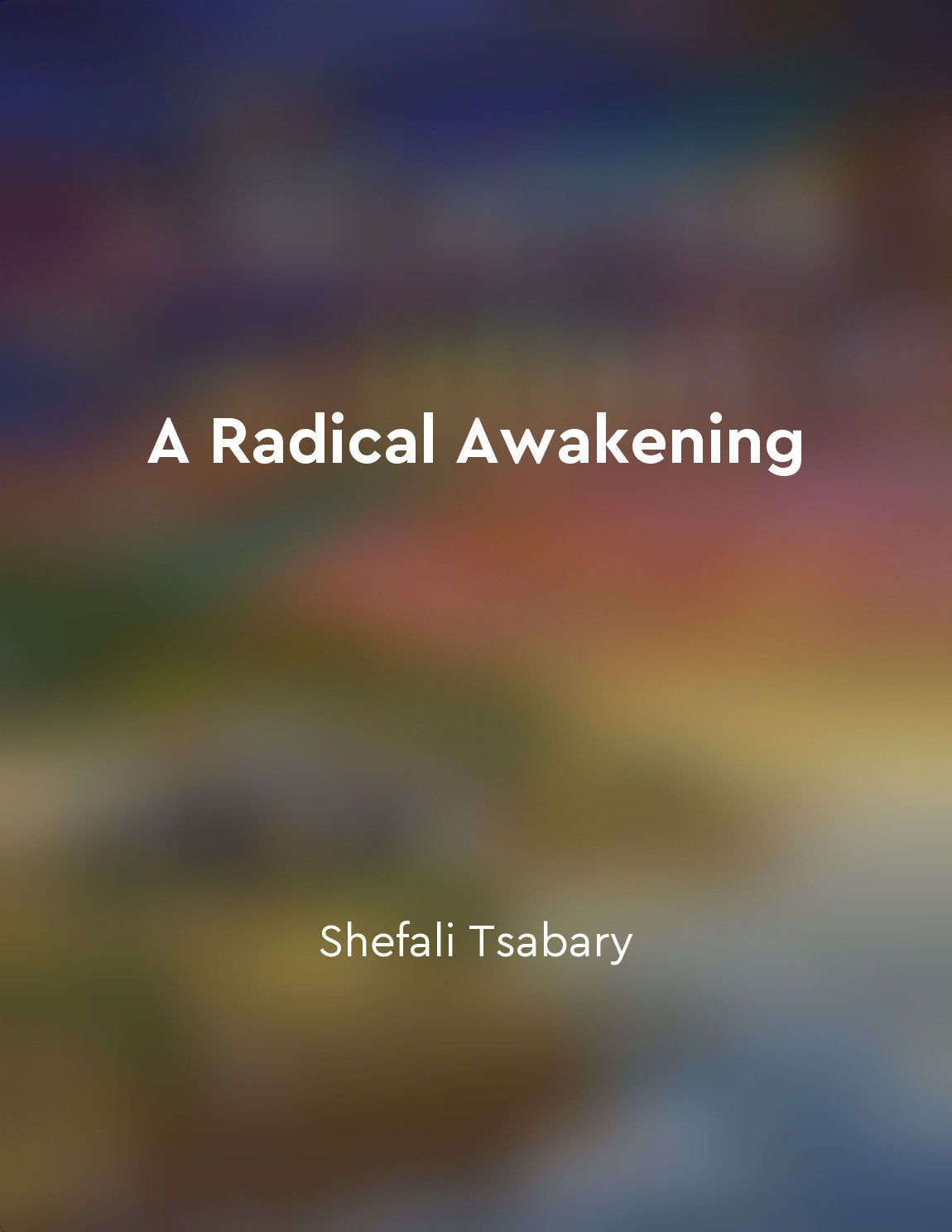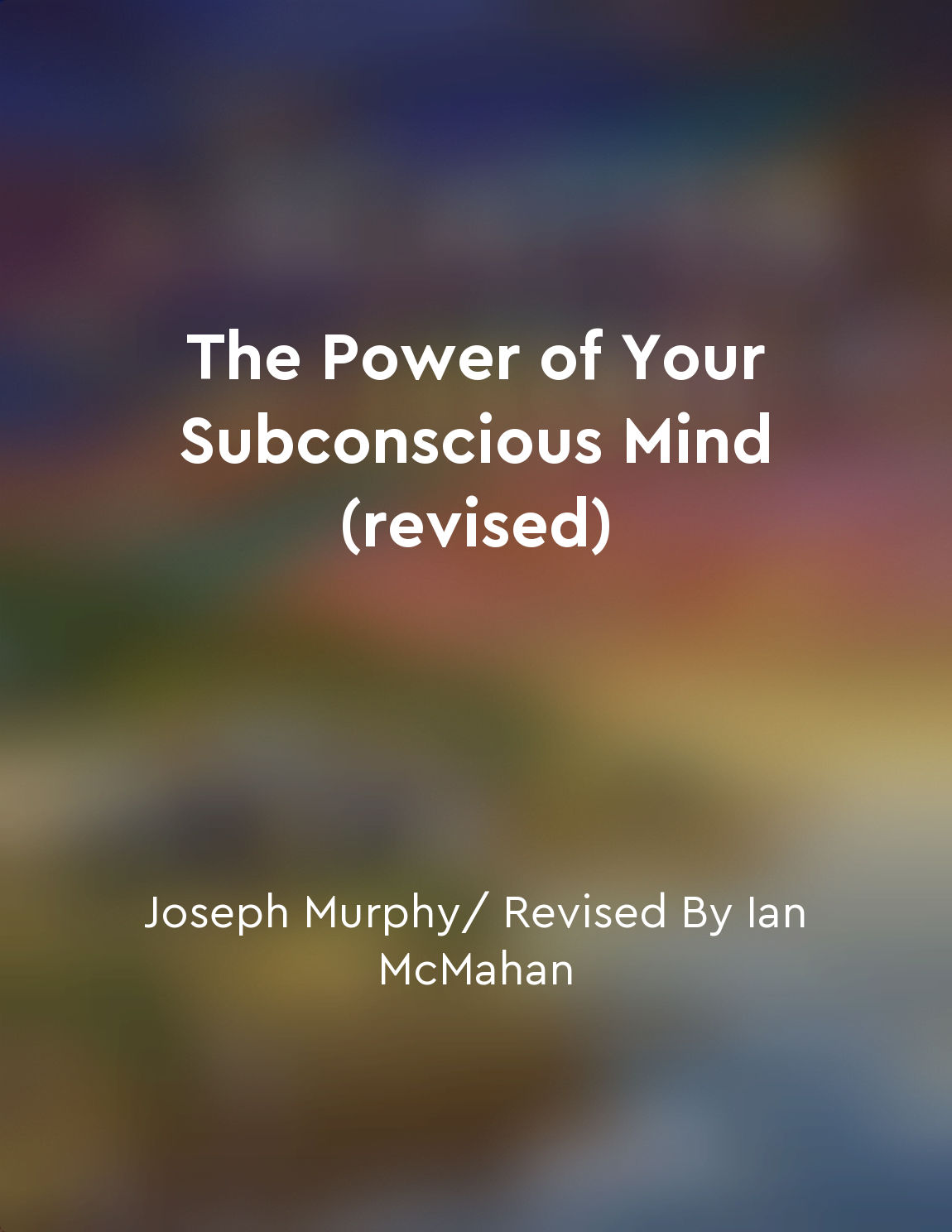Mental acts are not hidden processes from "summary" of The Concept of Mind by Gilbert Ryle
According to Ryle, mental acts are often mistakenly viewed as hidden processes. This misconception arises from the tendency to think of mental processes as occurring somewhere inside our heads, hidden from external view. However, Ryle argues that mental acts should not be equated with physical events that occur within the brain, as this leads to a misunderstanding of the nature of mental phenomena. Ryle suggests that mental acts should be understood as a type of behavior, rather than as internal processes. Just as we can observe someone's behavior and infer their mental state, we can also infer mental acts from a person's behavior. Mental acts are not hidden processes, but are instead manifested through our actions and expressions. Ryle uses the example of a person deciding to go for a walk to illustrate this point. The decision to go for a walk is not a hidden process that occurs inside the person's head, but is rather manifested through their behavior. By observing the person's actions, such as putting on their shoes and heading towards the door, we can infer their decision to go for a walk. Ryle emphasizes the importance of recognizing that mental acts are not hidden processes, as this understanding has significant implications for our understanding of the mind. By viewing mental acts as behaviors rather than hidden processes, we can gain a clearer understanding of how the mind operates and how mental phenomena are connected to our actions and expressions.- Ryle's concept that mental acts are not hidden processes challenges conventional views of the mind and emphasizes the importance of understanding mental phenomena in terms of behavior. By recognizing that mental acts are manifested through our actions and expressions, rather than occurring as hidden processes, we can gain a more accurate understanding of the nature of the mind.
Similar Posts
Develop your emotional intelligence to better understand people's perspectives
To truly understand people, you need to tap into your emotional intelligence. This involves being aware of your own emotions an...

Embrace your vulnerability
To embrace your vulnerability is to welcome the parts of yourself that you have long neglected or hidden away. It is to allow y...
Skepticism challenges the validity of knowledge claims
Skepticism, the philosophical position that doubts the possibility of achieving certain knowledge, plays a central role in chal...

Practice gratitude daily
Gratitude is a powerful force that can transform your life in remarkable ways. When you practice gratitude daily, you are ackno...
Validate emotions to build rapport
To really connect with someone, you have to show them that you understand how they are feeling. This means recognizing and ackn...
Letting go of attachments allows for greater freedom
In ancient China, the concept of wu-wei, or effortless action, was highly valued. The idea was to let go of attachments and des...
Social networks influence our choices
The people around us have a significant impact on the decisions we make in our lives. Whether we realize it or not, our social ...
Civilization has both advanced and hindered human progress
Throughout history, civilization has functioned as a double-edged sword, enabling progress while also hindering it. The advance...
Transform negative patterns with analysis
To transform negative patterns with analysis is to delve deep into the root causes of one's negative thoughts and behaviors. By...
Eyes can betray hidden emotions
The eyes are like windows into the soul, revealing emotions that we may be trying to hide. They can give us away, betraying our...

